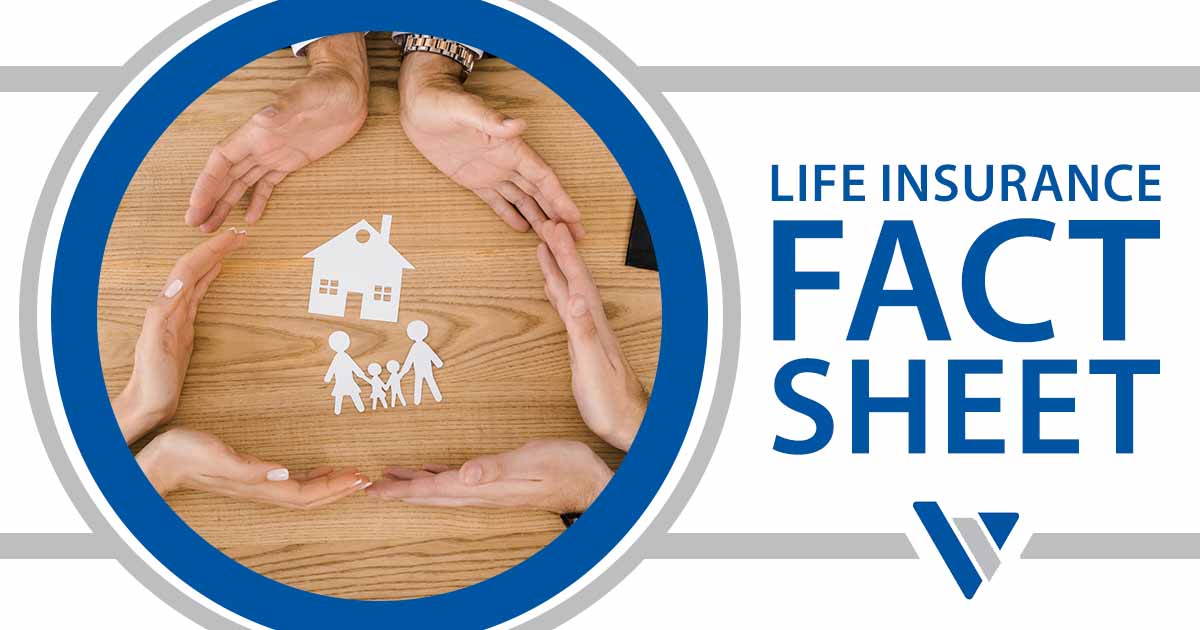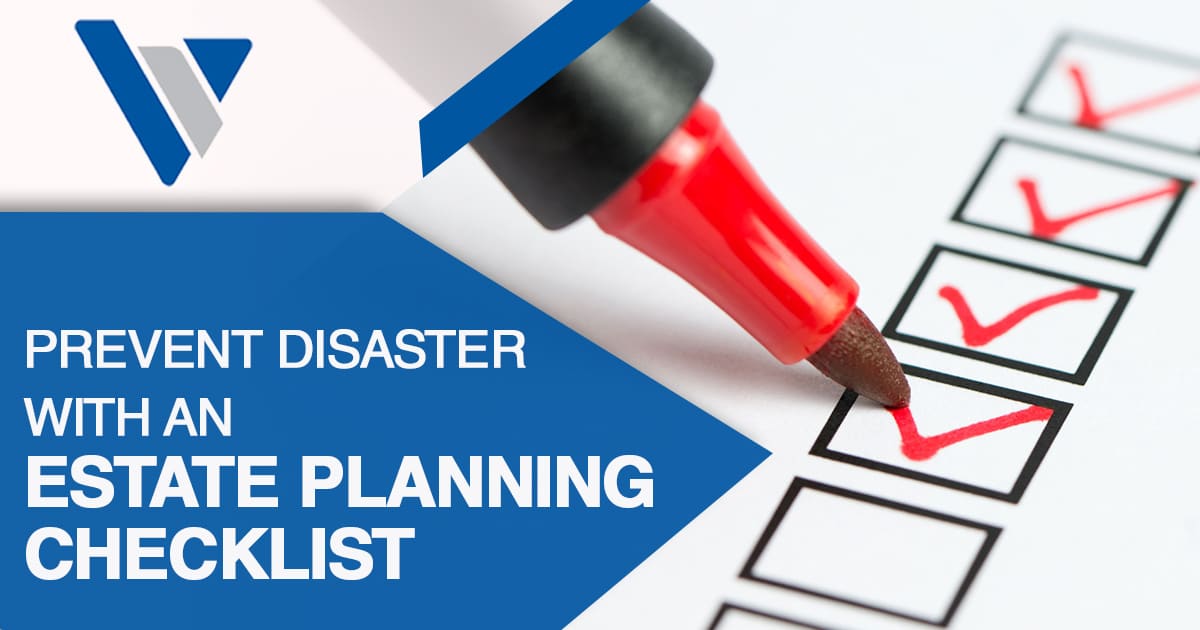I am sharing with you some of the information the Life Insurance Marketing and Research...


Did you know that if you do your estate planning incorrectly your estate could be destroyed from taxes inflicted on the transfer of your assets upon your death? The estate planning checklist can prevent that from happening.
Can you just imagine … all your efforts to help your family or loved ones being squandered by mistakes made on a piece of paper?
Sadly, these mistakes happen all the time. So, it’s overly necessary you get this right.
Right?
We figured as much.
In this article you will be given a checklist to follow that will help you avoid the mistakes most people make when doing estate planning. Helping to ensure your wishes are honored upon your death.
Estate planning is the arrangement of transferring an individual’s estate at the time of death. An estate consists of all property owned by said individual before it’s divided by a will, a trust or intestacy laws.
When estate planning the property included can be real property such as real estate (homes), investment properties or personal property. For example, personal property items include jewelry, bank accounts, automobiles, etc.
Typically, estate planning will involve an all-encompassing consultation with advisors of your choice, often including financial advisors, lawyers, and other financial counselors required to be involved.
If you have a robust estate you don’t want to leave it up to someone else to handle it. The purpose of estate planning is to create a plan that confirms all property will be distributed according to your decree. And those made to benefit from the estate receive what you intended with the least amount of delay.
More important than the financials, it encourages each individual to make the important decision that affects others the most. Decisions like selecting a proper guardian for minors, healthcare specificities and arrangements for the funeral. Decisions that could elevate the stress to those being left behind.
You don’t want that for them, do you?
Every estate plan needs to have specific documents set in place. These are basic pieces needed. However, it’s important to know that some individual estate plans depending on the size of the estate can have some other documents requested by your professional estate planning advisor.
Remember: Inadequate planning and documentation can lead to a mishandled distribution of your assets. Here are those documents.
It’s important you get more information about each of these from your estate planning professional. Virtus Wealth recognizes the importance of estate planning and also is aware of all of the new tax laws that can assist your estate plan even further. To find out more call (817) 717-3812.
And now…
You might be asking yourself …
One thing is certain, both wills and estate plans are important legal documents. They both manage to make sure your family or loved ones don’t suffer financial ruin and hardship upon your death.
With that similarity out of the way, most people think they are pretty much the same thing, which to the novice would seem correct.
Let’s unwrap each one and see how they differ.
You can also appoint guardians through a will, who will look after your relatives or other family members if they need assistance (the specifics can vary). An optimized will makes sure that your belongings are divided up as you intended.
This is handled by the executor or personal representative.
This process involves the arranging and distribution of the assets in a way that generates the maximum reward to the beneficiaries.
Estate planning guarantees that your family or loved ones are left with the largest amount of proceeds. It also allows you to name a trustee that can ensure the smooth delivery of your business assets and more.
But you’ll be surprised to discover…
Just when you think you are in the clear, and you have all this legal armor to protect your estate, not following a simple estate planning checklist will leave your plan vulnerable.
Let’s make sure that doesn’t happen to you.
Trusting your estate advisor is what you should do, they are the professionals. But you still need to be informed and know what mistakes need to be avoided for maximum success. Make sure you use this estate planning checklist to cross your t’s and dot your I’s.
So what have we learned?
So what now?
Well, as you paid close attention to this article… you hopefully noticed that trusting Virtus Wealth Management is a good starting point if you’re curious about discussing an estate trust.
The information provided here is for general information only and should not be considered an individualized recommendation or personalized investment advice.
This information is not intended to be a substitute for specific individualized tax or legal advice.
We suggest that you discuss your specific situation with a qualified tax or legal advisor.
Virtus Wealth Management and LPL Financial do not provide legal advice or services.